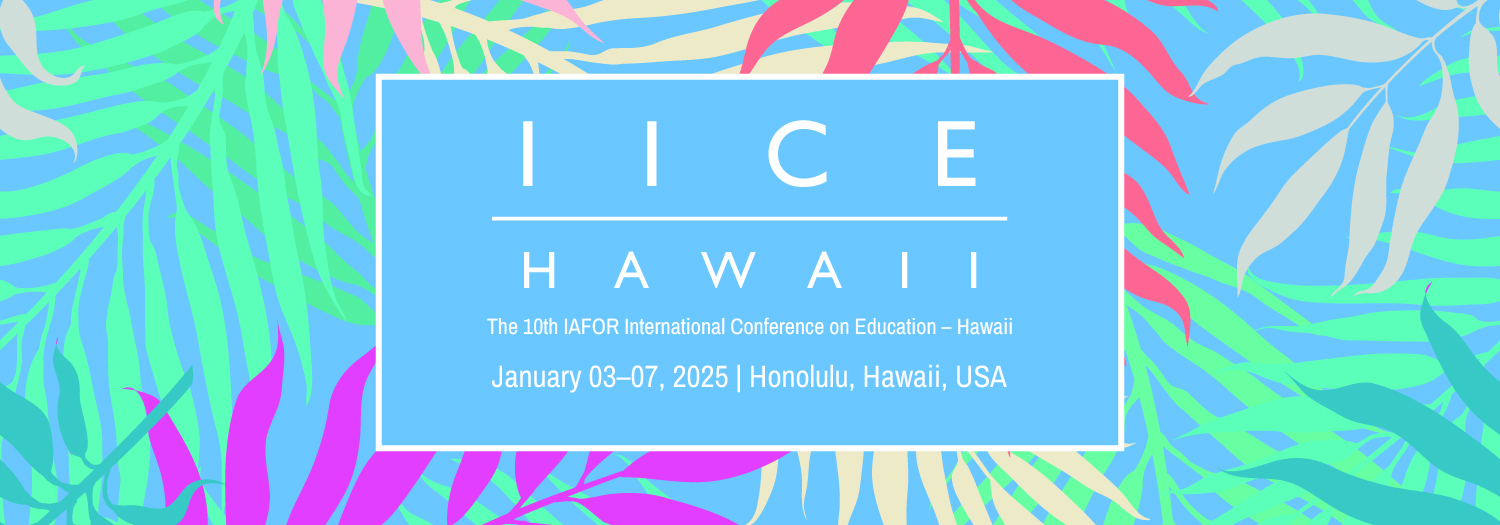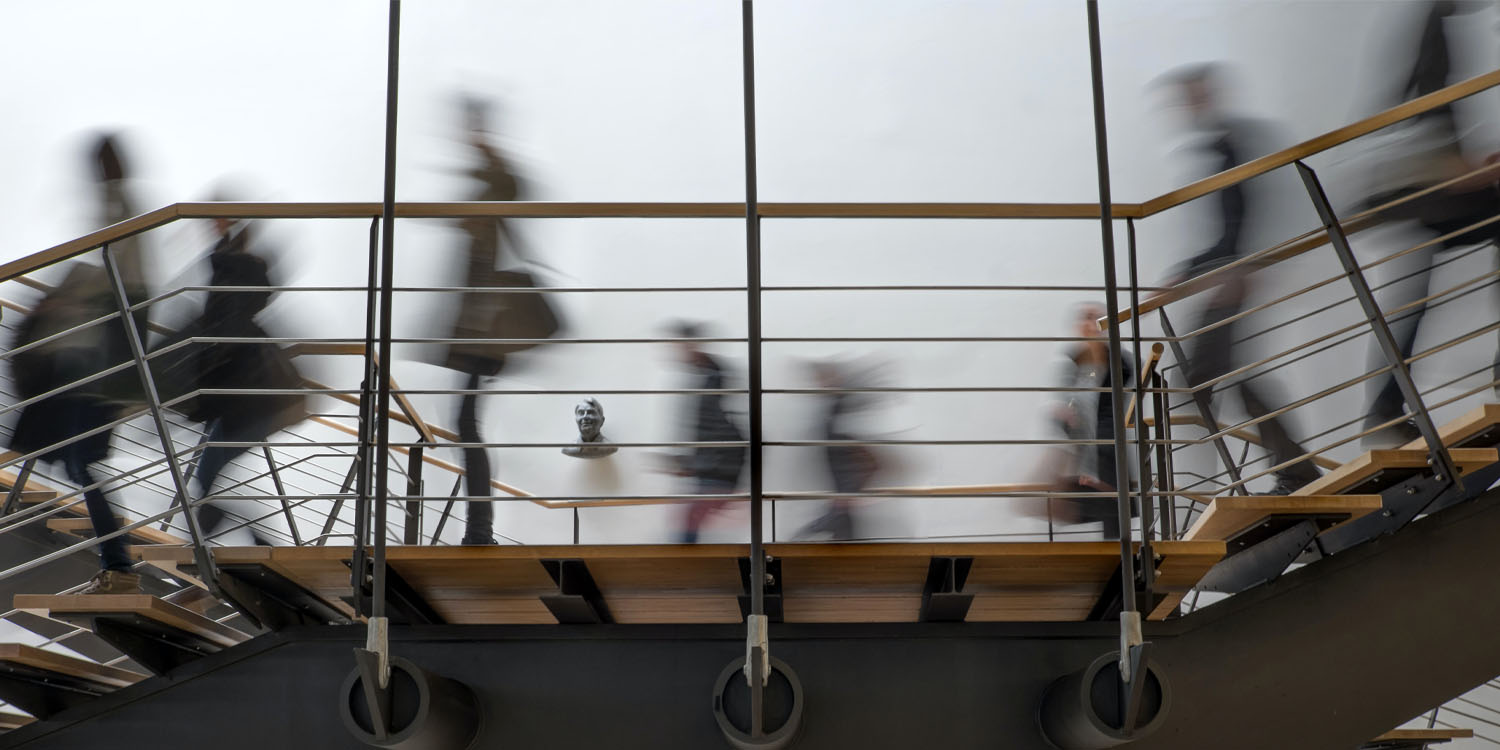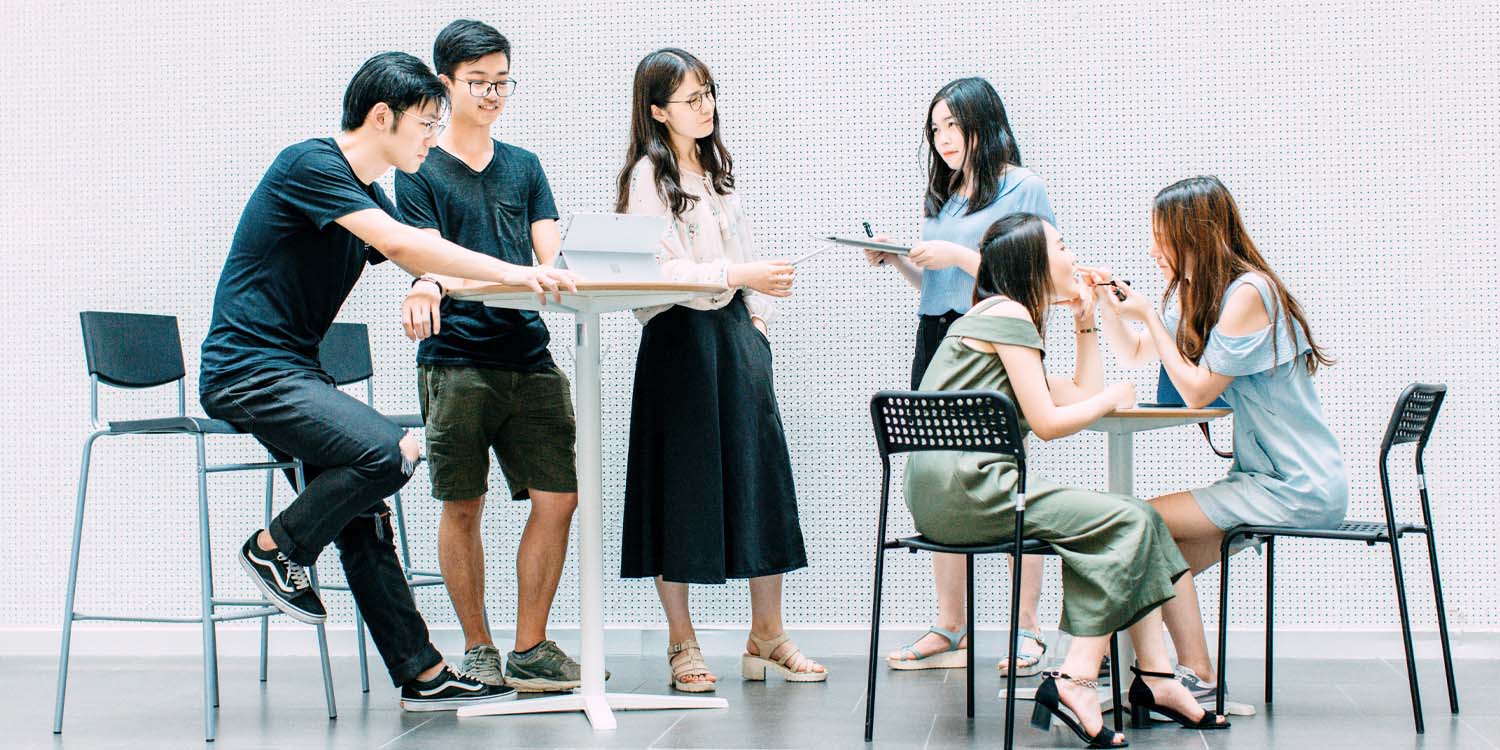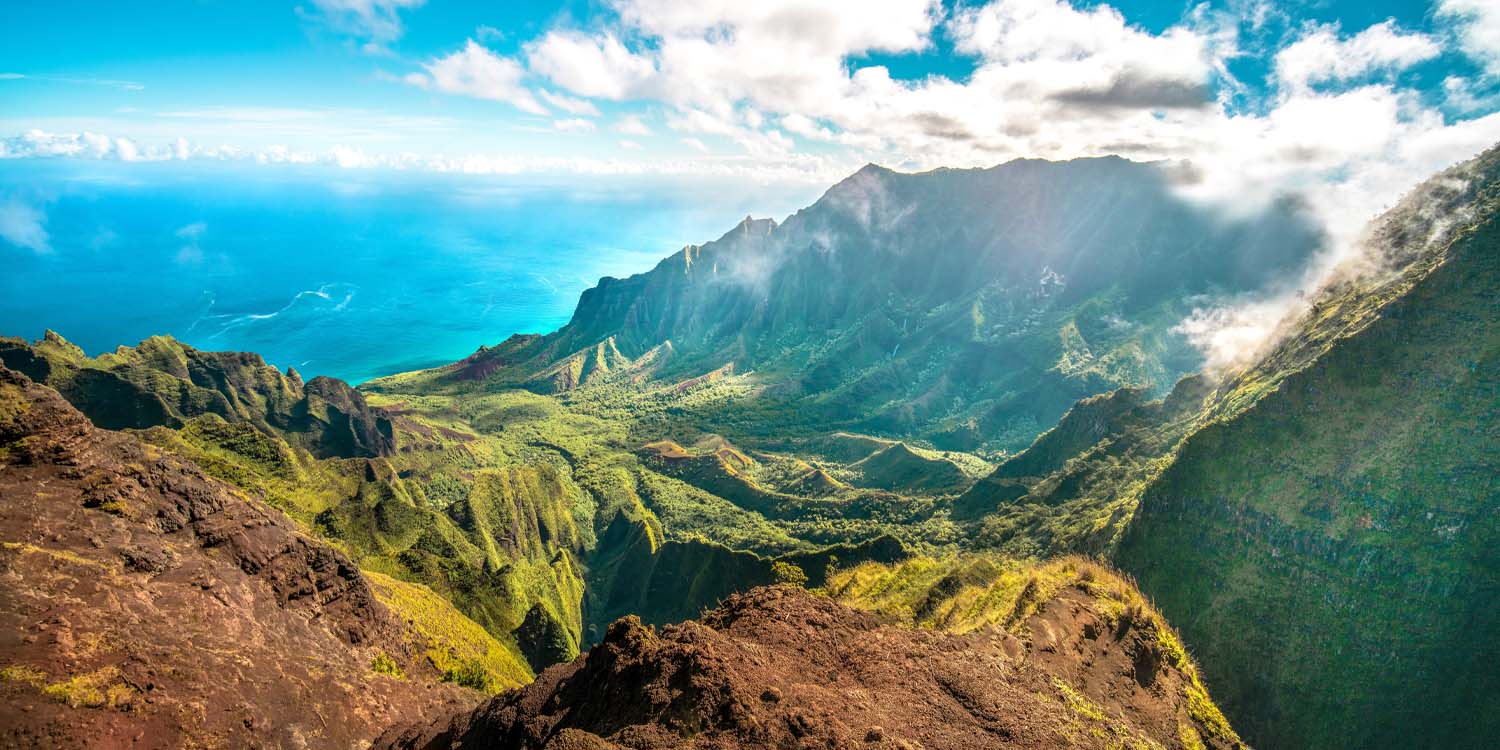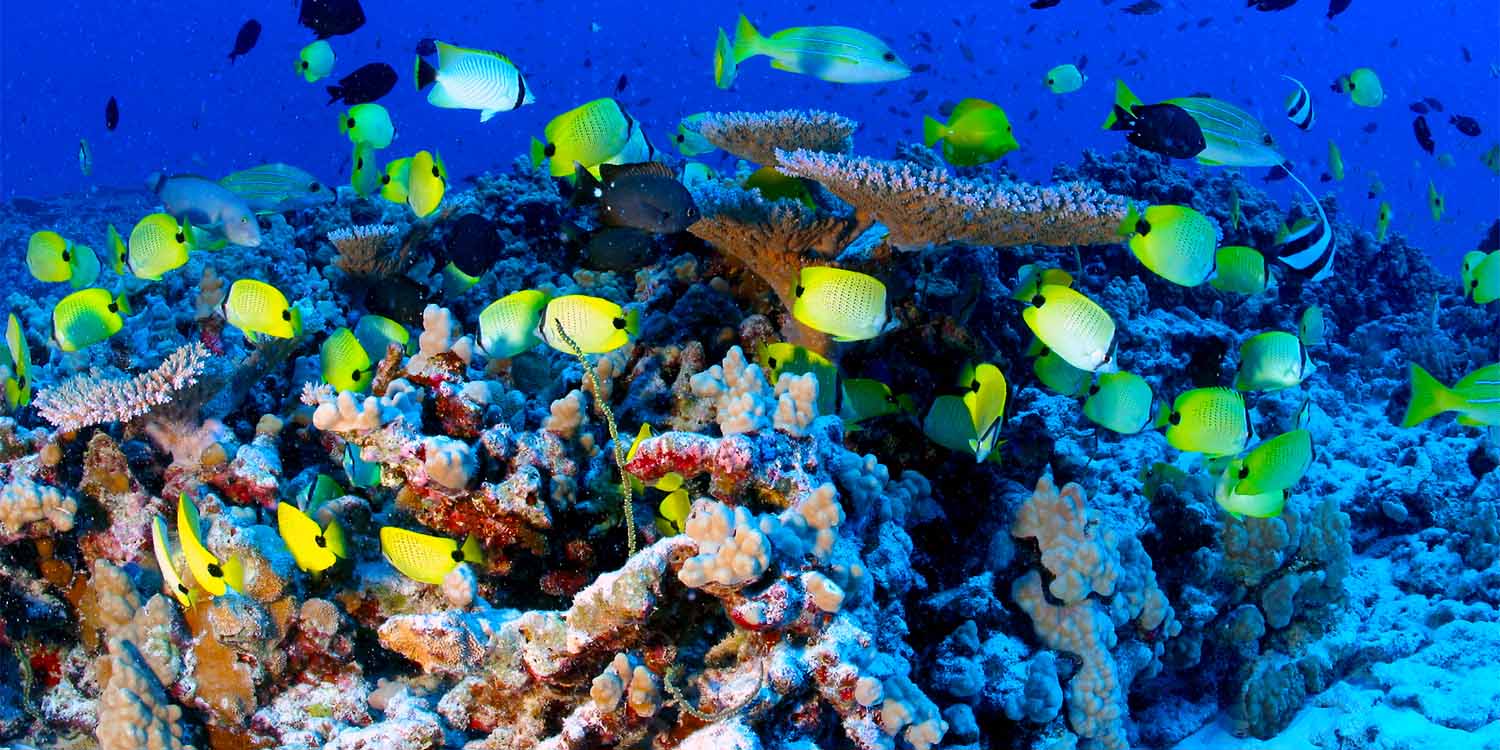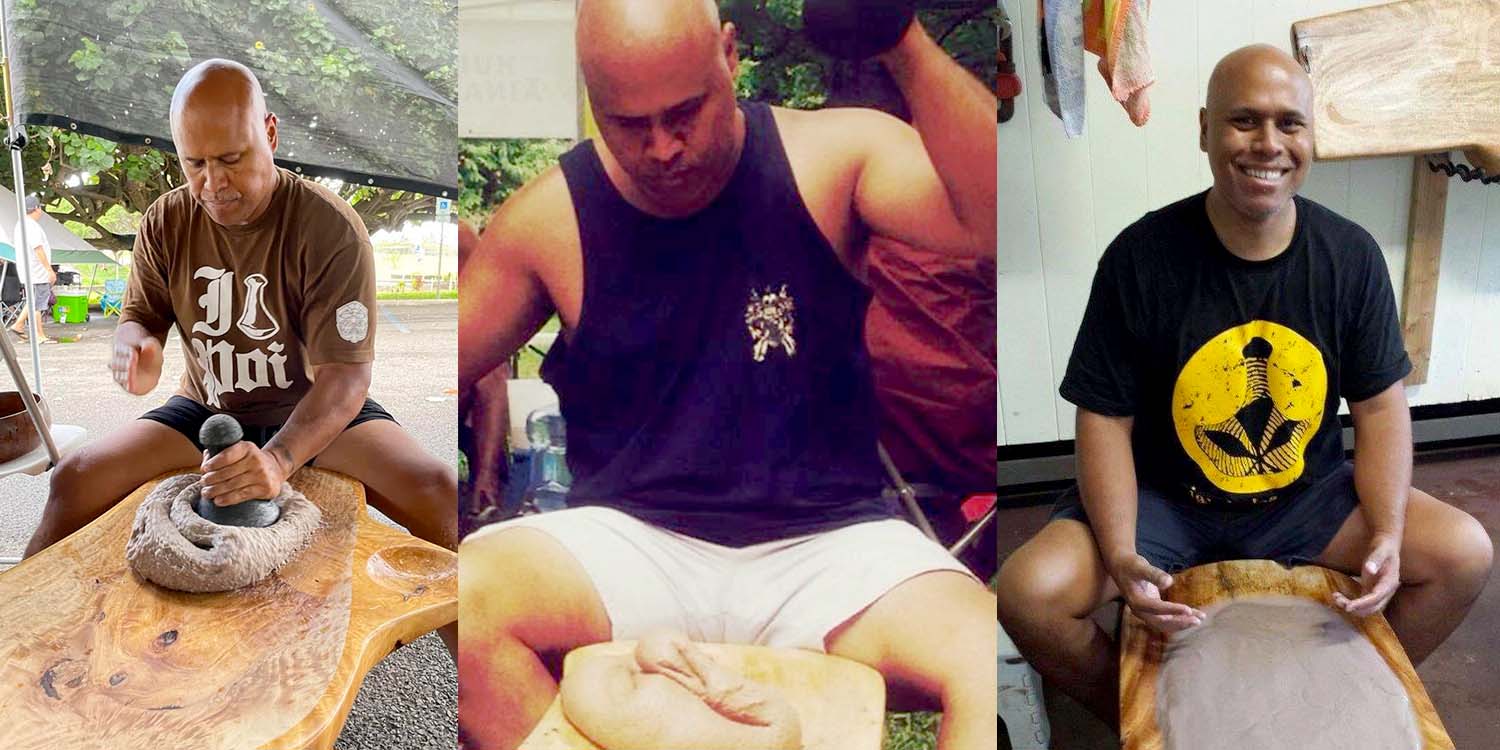All times are Hawaii Standard Time (UTC -10 hours). See the time converter tool
Thursday, January 5
08:45-10:00: Conference Registration & Coffee | 320 Foyer
10:00-10:05: Announcements & Welcome | 320 Theatre
10:05-10:25: Cultural Presentation | 320 Theatre
10:25-10:40: Welcome Address & Recognition of IAFOR Scholarship Winners | 320 Theatre
10:40-11:25: Keynote Presentation | 320 Theatre
Hidden Hawaiʻi: A Huakaʻi through the Native Realities of Our Island Home
Julie Kaomea, University of Hawai’i, United States
Michael Menchaca, University of Hawai’i at Manoa, United States (Moderator)
11:25-12:10: Keynote Presentation | 320 Theatre
Internationalisation and Cooperation in East Asian Higher Education
Brendan Howe, Ewha Womans University, South Korea
Joseph Haldane, The International Academic Forum, Japan (Moderator)
12:10-13:30: Lunch Break
13:30-14:15: Keynote Presentation | 320 Theatre
Hindsight, Foresight, and Our Post-COVID Future
Paul McKimmy, University of Hawai’i, United States
Michael Menchaca, University of Hawai’i at Manoa, United States (Moderator)
14:15-15:00: Featured Panel Session | 320 Theatre
Voyaging: From the Canoe to the Classroom
Chris Blake, Polynesian Voyaging Society, United States
Mark K. Ellis, Polynesian Voyaging Society, United States
Catherine Fuller, Polynesian Voyaging Society, United States
Linda Furuto, University of Hawai‘i at Mānoa, United States
Robin Dyrensborg, University of Hawai’i at Manoa, United States (Moderator)
15:00-15:30: Coffee Break | 319 AB
15:30-16:15: Featured Panel Session | 320 Theatre
Weaving Knowledge Systems and Nurturing the Next Generation to Care for Papahānaumokuākea Marine National Monument
Pelika Andrade, Na Maka Onaona & University of Hawai’i, United States
Kai Hoshijo, Polynesian Voyaging Society & Maunalua Fishpond Heritage Center, United States
Haunani Kane, University of Hawai‘i, United States
Kanoe Morishige, National Oceanic and Atmospheric Administration (NOAA), United States
Randy Kosaki, National Oceanic and Atmospheric Administration (NOAA), United States (Moderator)
16:15-16:30: Conference Photograph | 3F Hallway
16:30-17:30: Conference Poster Session | 3F Hallway
19:00-21:00: Conference Dinner (optional ticketed extra) --- sold out ---
The Signature Prime Steak & Seafood, Ala Moana Hotel 36F
*Please be aware that the above schedule may be subject to change.
Featured Presentations
-
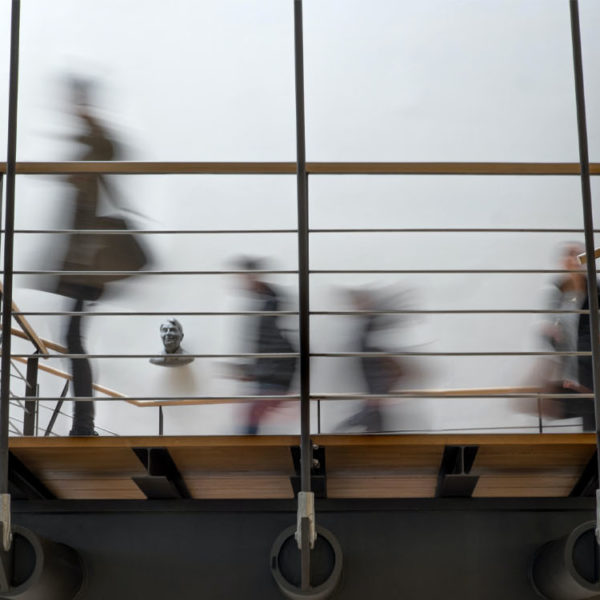 Hindsight, Foresight, and Our Post-COVID FutureKeynote Presentation: Paul McKimmy
Hindsight, Foresight, and Our Post-COVID FutureKeynote Presentation: Paul McKimmy -
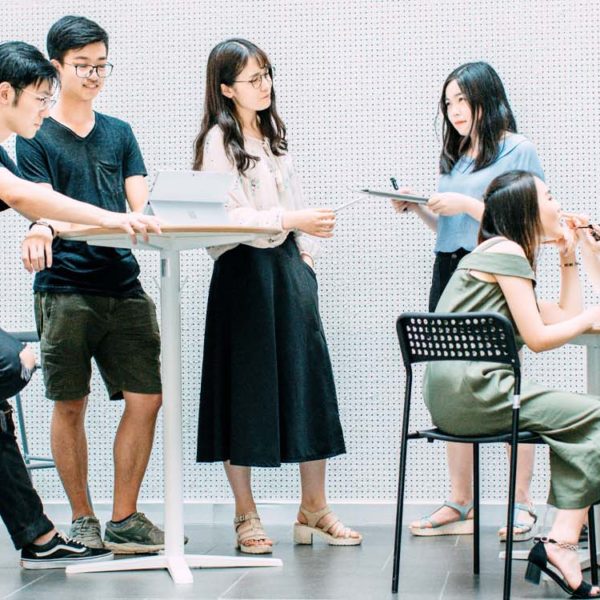 Internationalisation and Cooperation in East Asian Higher EducationKeynote Presentation: Brendan Howe
Internationalisation and Cooperation in East Asian Higher EducationKeynote Presentation: Brendan Howe -
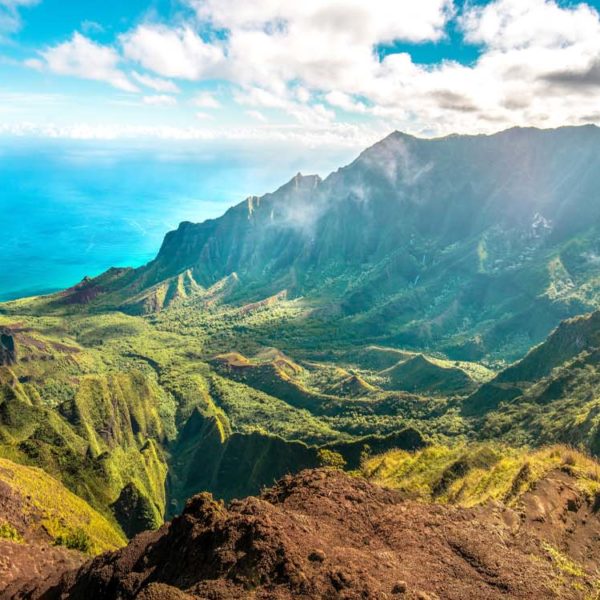 Hidden Hawaiʻi: A Huakaʻi through the Native Realities of Our Island HomeKeynote Presentation: Julie Kaomea
Hidden Hawaiʻi: A Huakaʻi through the Native Realities of Our Island HomeKeynote Presentation: Julie Kaomea -
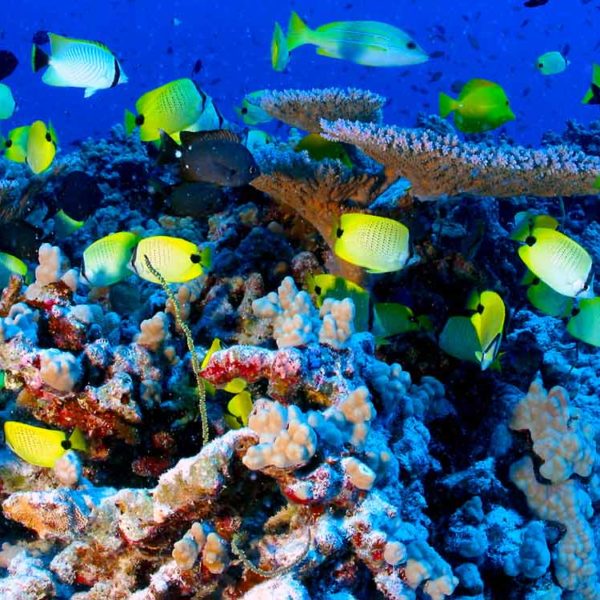 Weaving Knowledge Systems and Nurturing the Next Generation to Care for Papahānaumokuākea Marine National MonumentPanel Presentation: Pelika Andrade, Kai Hoshijo, Haunani Kāne, Randall Kosaki, Kanoe Morishige
Weaving Knowledge Systems and Nurturing the Next Generation to Care for Papahānaumokuākea Marine National MonumentPanel Presentation: Pelika Andrade, Kai Hoshijo, Haunani Kāne, Randall Kosaki, Kanoe Morishige -
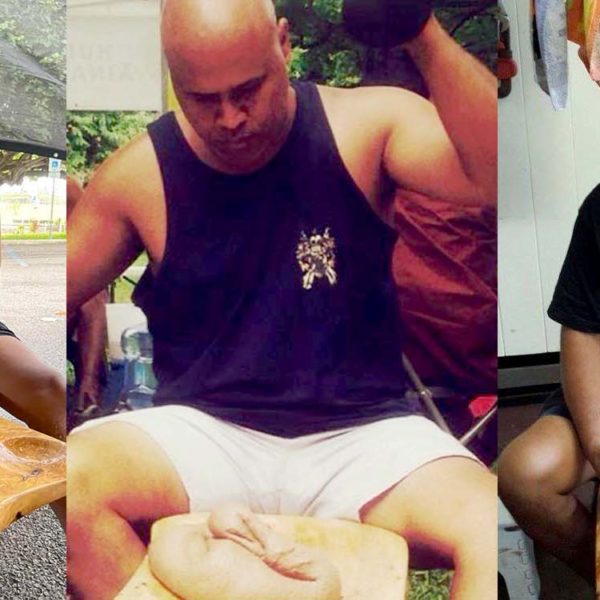 Hawaiian Cultural Presentation: Poi PoundingCultural Presentation: Darwin Kaneaiakala
Hawaiian Cultural Presentation: Poi PoundingCultural Presentation: Darwin Kaneaiakala
Important Information Emails
All registered attendees will receive an Important Information email and updates in the run-up to the conference. Please check your email inbox for something from "iafor.org". If you can not find these emails in your normal inbox, it is worth checking in your spam or junk mail folders as many programs filter out emails this way. If these did end up in one of these folders, please add the address to your acceptable senders' folder by whatever method your email program can do this.
Attendee Guide
Please carefully read the Attendee Guide.
